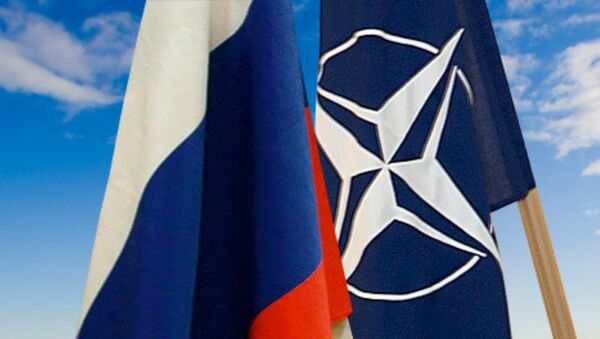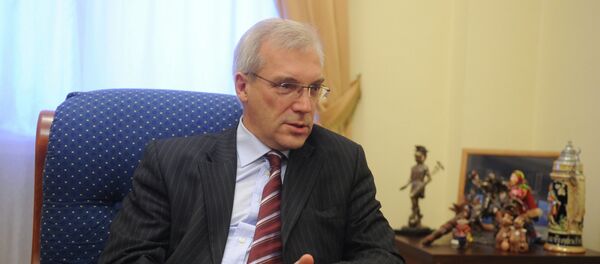WASHINGTON (Sputnik), Leandra Bernstein — In 2014, NATO announced an increase in rotational troops in the Baltic states and other eastern member nations in response to what the alliance perceived as a growing Russian threat.
"We are putting in these forward operating bases in which there will be a small number [of NATO troops] to serve as a logistical support for rotating forces… and that obviously has the potential the ratchet things up," Roberts said on Thursday.
Russia has repeatedly stressed its concerns and strong opposition to an increased NATO presence in the east.
"Given the concerns about the potential for further conflict with Russia, now there is going to be more of an interest in even more exercises," Roberts noted.
Roberts, who served until 2011 as the Director of NATO’s Nuclear Policy Emerging Security Challenges Division, described the growing "friction" between NATO and Russia.
"Little incidents… could ratchet up this deteriorating situation between Russia and NATO," he warned.
Russian-NATO relations have become increasingly strained since the 2014 reunification of Crimea with Russia. Part of NATO’s response to the development was to suspend the NATO-Russia Council, a key point of high-level contact between them.


